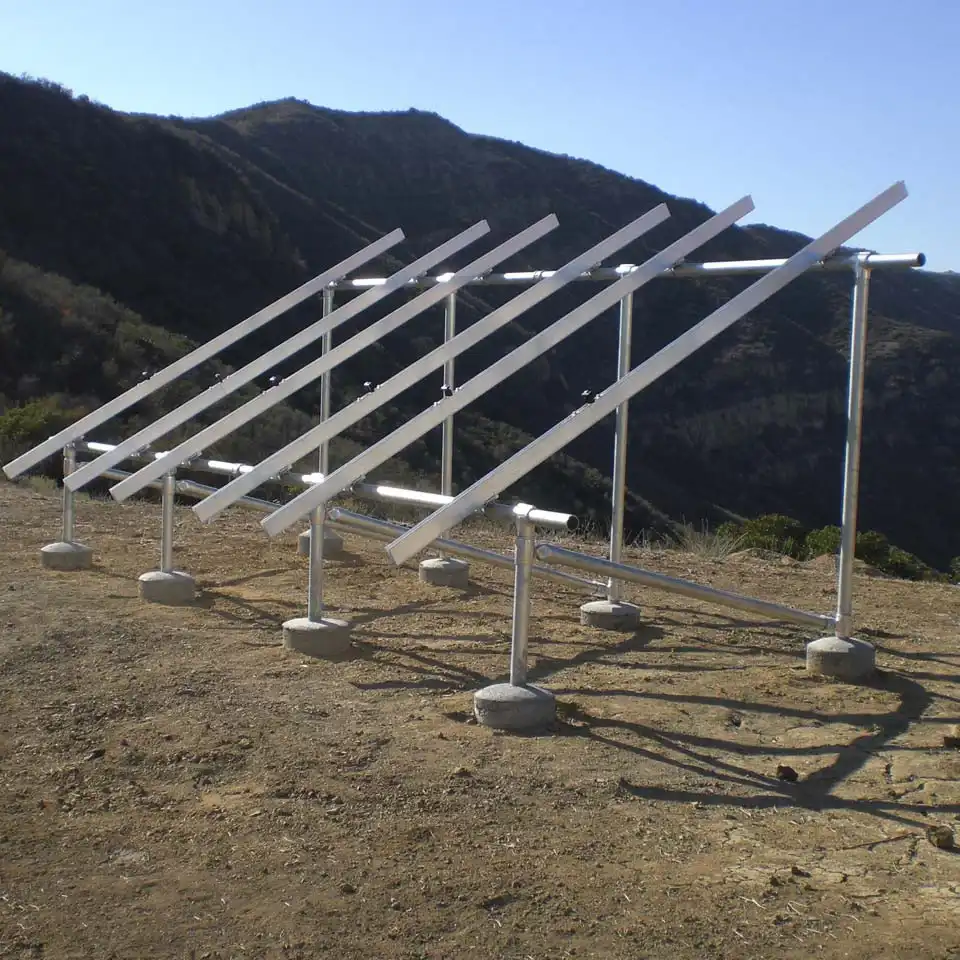In today's fast-paced world, washing machines have become an indispensable part of our lives. With advancements in technology, the market is flooded with a plethora of options, each boasting unique features and promising superior performance. But which technology truly stands out as the best in a washing machine? In this blog post, we will delve into the world of washing machine technologies, exploring their pros and cons, and ultimately uncovering the ultimate winner.
- Traditional Agitator Technology:
The traditional agitator technology has been a staple in washing machines for decades. This technology employs a central spindle with fins or paddles that rotate, creating a turbulent water flow to clean the clothes. While this technology is reliable and cost-effective, it may cause wear and tear on delicate fabrics and may not be as efficient in removing tough stains. - Impeller Technology:
Impeller technology is a newer innovation that has gained popularity in recent years. Instead of an agitator, impeller machines use a low-profile cone or disc at the bottom of the drum to create a gentle yet powerful water flow. This technology is known for its ability to handle larger loads, conserve water, and provide a thorough clean. However, it may not be as effective in cleaning heavily soiled garments. - Front-Loading Technology:
Front-loading washing machines have revolutionized the laundry experience. These machines feature a horizontal drum that tumbles the clothes through a small amount of water, using gravity to agitate and clean them. Front-loading machines are renowned for their energy efficiency, water conservation, and superior cleaning performance. However, they tend to be more expensive and have longer wash cycles. - High-Efficiency Technology:
High-efficiency (HE) washing machines are designed to use less water and energy while delivering exceptional cleaning results. These machines utilize advanced sensors and algorithms to optimize water usage, detergent dispensing, and cycle duration based on the load size and fabric type. HE technology is gentle on clothes, reduces detergent residue, and is environmentally friendly. However, the initial cost of HE machines can be higher, and they may require specific detergents.
Conclusion:
After a thorough exploration of various washing machine technologies, it is evident that there is no one-size-fits-all answer to the question of which technology is the best. Each technology has its own set of advantages and limitations, catering to different consumer needs and preferences. Ultimately, the best technology in a washing machine depends on factors such as budget, laundry load size, fabric types, and desired features. It is crucial to consider these factors and conduct thorough research before making a purchase decision.







